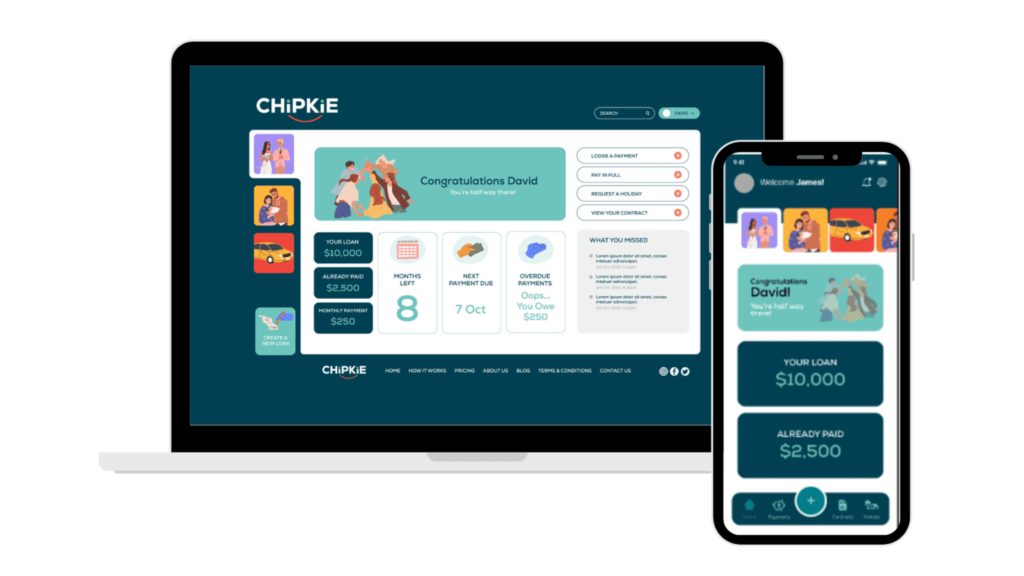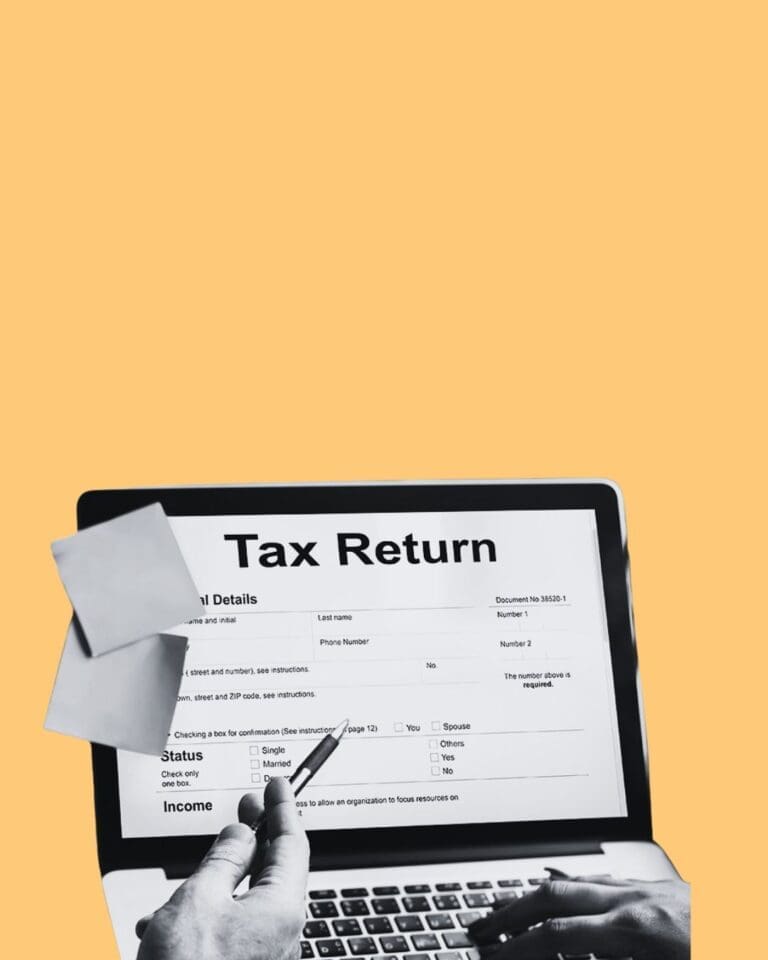Are you looking to purchase a home but don’t have all the typical documentation required for a traditional mortgage? Low doc home loans could be the solution for you. These specialized loans are designed for self-employed individuals or those with non-traditional income sources who may not have the standard paperwork to prove their income. In this blog post, we will reveal the secrets of low doc home loans and how you can get approved faster, making your dream of homeownership a reality.
Benefits of Low Doc Home Loans
- Flexibility in Documentation: Low doc loans offer a lifeline to self-employed individuals or those with variable income, as they don’t require extensive paperwork like tax returns or financial statements.
- Streamlined Application Process: The reduced documentation requirements lead to a faster application process, getting you to approval and into your new home sooner.
- Competitive Rates and Terms: Despite the flexibility, low doc loans often come with competitive interest rates and terms.
Understanding the Requirements
- Documentation: While less stringent than traditional loans, you’ll still need to provide alternative documentation like bank statements, accountant’s letters, or business activity statements to verify your income.
- Income Verification: Lenders will assess your income and financial stability, so be prepared to demonstrate a consistent income stream.
- Credit History: A good credit history can significantly improve your chances of approval.

Tips for Expedited Approval
- Thorough Documentation: Prepare all required documentation meticulously, ensuring it’s accurate and up-to-date.
- Work with a Specialist: Seek out a lender who specializes in low doc loans, as they understand the unique needs of self-employed borrowers.
- Strong Credit History: Maintain a good credit score and address any issues on your credit report.
- Larger Down Payment: Consider offering a larger down payment to demonstrate your commitment and reduce the lender’s risk.
- Seek Professional Guidance: Consult with a mortgage broker experienced in low doc loans. They can guide you through the process and help you find the best deal.
Documents Required for Low Doc Home Loans
- Proof of Income: Bank statements, business activity statements, accountant’s declaration.
- Proof of Assets: Bank statements showing savings, investments, etc.
- Identification: Driver’s license, passport.
- Credit History: Credit report.
- Property Details: Information about the property you wish to purchase.
Beyond the Bank of Mum and Dad: Borrowing from Friends and Family with Chipkie
While traditionally associated with parental loans, Chipkie isn’t limited to just that. It’s a versatile platform that can facilitate borrowing from any friend or family member. Whether you need a little extra cash for a car repair or a larger sum for a down payment, Chipkie offers a safe and transparent way to manage these agreements. Its features – effortless loan setup, official protection, transparent tracking, and discreet reminders – are just as beneficial when borrowing from friends or family. By using Chipkie, you can maintain trust and avoid awkward conversations, ensuring a positive borrowing experience for everyone involved.

Frequently Asked Questions
- What are low doc home loans? Loans designed for self-employed individuals or those with non-traditional income sources who may not have standard income documentation.
- Who is eligible? Self-employed individuals, freelancers, contractors, small business owners, and those with limited traditional income evidence.
- How can I apply? Gather the required documentation and work with a specialized lender or mortgage broker.
Conclusion
Low doc home loans offer a valuable pathway to homeownership for those who don’t fit the traditional mold. By understanding the requirements and following the tips above, you can streamline the process and get approved faster. Remember, seeking professional advice is always recommended to ensure you make the best decision for your financial situation.





